On this occasion, VNA reporter had an interview with Ms. Cik Aida Safura Niza Othman - Deputy Ambassador of Malaysia to Vietnam.
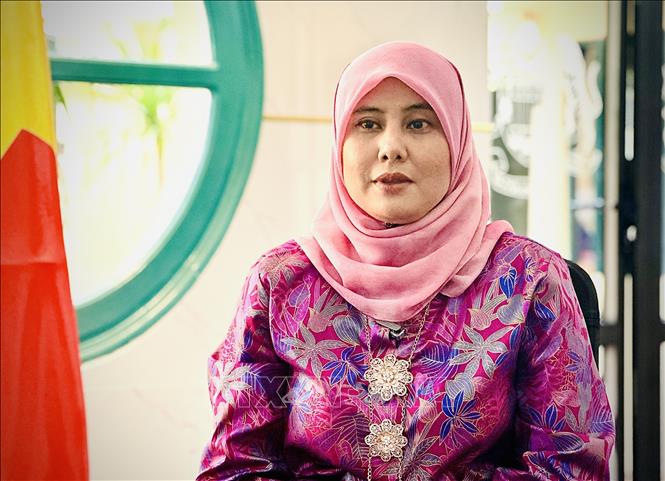
How do you assess the importance of Prime Minister Pham Minh Chinh 's working trip to Malaysia to attend the 47th ASEAN Summit?
Prime Minister Pham Minh Chinh’s visit is of great significance to both ASEAN and bilateral relations. At the regional level, it demonstrates Vietnam’s strong support for the priorities of Malaysia’s ASEAN Chairmanship. We expect the visit to strengthen substantive cooperation in areas such as the ASEAN Power Grid and digital connectivity, contributing to maintaining a stable strategic environment through diplomacy and cooperation.
Bilaterally, the visit is an opportunity to continue to strengthen commitments under the Comprehensive Strategic Partnership Framework between the two countries. The two sides are working to achieve concrete results in priority areas such as clean energy, grid connection; trade and investment; developing a reliable digital economy , enabling micro, small and medium enterprises (MSMEs) to participate in regional value chains.
The two sides also agreed to promote the Halal industry, cooperation in science and technology, green growth; strengthen maritime cooperation and defense links; and expand people-to-people exchanges through education, tourism, and skilled labor mobility, thereby helping to make the relationship more connected and sustainable.
Could you please tell us what important documents, agreements or statements are expected to be adopted at this Conference, especially those related to the theme "Inclusiveness and Sustainability"?
This will be the largest ASEAN summit in decades; Kuala Lumpur will host a host of high-level guests, including US President Donald Trump, Chinese Premier Li Qiang, Brazilian President Luiz Inácio Lula da Silva, South African President Cyril Ramaphosa, European Council President Antonio Costa and Japanese Prime Minister Sanae Takaichi, among others. Around 12,000 delegates will attend, and around 2,800 journalists have registered to cover the event. Leaders are expected to adopt nearly 80 documents during the summit.
In terms of content, this Summit will translate the theme of “Inclusiveness and Sustainability” into practical action. A historic step will be the admission of Timor-Leste as the 11th member of ASEAN, along with specific mechanisms to enable Dili to participate in a substantive manner from the very first days.
In terms of economy, the leaders will promote the upgrading of the ASEAN Trade in Goods Agreement (ATIGA); update the ASEAN-China Free Trade Agreement version 3.0 (ACFTA 3.0); build the ASEAN Digital Economy Framework Agreement... In terms of sustainable development, the recently approved ASEAN Energy Plan aims to achieve 45% of total installed power capacity from renewable energy sources by 2030, complementing the ASEAN Power Grid to ensure clean, stable and affordable electricity. Malaysia will also launch a Center for MSMEs along with the ASEAN AHEAD innovation initiative to support small businesses in adopting green strategies and digital skills.
Regarding the prospect of formally admitting Timor-Leste as an ASEAN member during this Summit, could you share more information and how Malaysia has supported this process?
The admission of Timor-Leste is a shared goal for ASEAN and our approach is to undertake this process in a comprehensive and effective manner. At the 46th ASEAN Summit in May 2025, ASEAN Ministers and Senior Officials were tasked with undertaking the procedural steps to admit Timor-Leste as the 11th member. This process is now on track, with the formal admission of Timor-Leste scheduled for 26 October.
Malaysia has been working closely with ASEAN member countries to support Timor-Leste’s progress towards full membership. At the regional level, several initiatives have been implemented, including: the Roadmap to Full Membership adopted at the 42nd ASEAN Summit in 2023; the Guidelines for Observer Membership adopted in August 2023; and the ASEAN Accession Capacity Building Programme implemented by the ASEAN Secretariat (ASEC) in collaboration with the Asian Development Bank (ADB) in 2025.
At the bilateral level, Malaysia has expanded capacity building activities through the Malaysian Technical Cooperation Programme; signed a Memorandum of Understanding on Cooperation in the Field of Higher Education; and launched specialised training courses in vocational education and public administration, such as the INFRA Rural Leadership Programme. In addition, both sides are promoting people-to-people exchanges, including the opening of a direct flight between Kuala Lumpur and Dili and visa exemptions for Malaysian citizens. All these efforts are important to ensure that when Timor-Leste formally joins ASEAN, it will have the practical tools to succeed.
What is your assessment of the prospects of Vietnam - Malaysia relations, especially in the roadmap of ASEAN's strategic positioning globally?
It must be affirmed that the future of bilateral relations is very promising. Malaysia and Vietnam are entering the next phase of the Comprehensive Strategic Partnership with complementary strengths, in line with ASEAN priorities. Vietnam’s manufacturing scale, digital capabilities and export momentum combine well with Malaysia’s experience in finance and energy systems. In the energy sector, we see Vietnam-Malaysia cooperation as a catalyst for the ASEAN Power Grid and the development of credible renewable energy certification.
In addition, both sides need to strengthen integration in key areas, including reliable cross-border data sources, interoperable payments, cybersecurity capabilities and common standards that reduce costs for micro, small and medium enterprises (MSMEs). It should be emphasized that stability will continue to be a necessary condition. Malaysia will continue to cooperate with Vietnam to strengthen peace and security in the region. At the same time, both sides will invest in resilience, including greener supply chains, food security cooperation, disaster response and skills development...
To maintain momentum, on the basis of the Comprehensive Strategic Partnership (CSP), the two sides should aim to build public-private cooperation projects, starting from sectors such as semiconductors, advanced manufacturing, agricultural trade, halal standards, tourism and education... If implemented well, the Vietnam - Malaysia relationship will not only promote the economic development of both sides, but also enhance the prestige of ASEAN, as a more equitable and more effectively transformed ASEAN through consistent and sustainable cooperation.
Thank you very much Deputy Ambassador Cik Aida Safura Niza Othman!
Source: https://baotintuc.vn/thoi-su/chuyen-cong-tac-cua-thu-tuong-pham-minh-chinh-co-y-nghia-quan-trong-doi-voi-asean-20251025143215335.htm




![[Photo] Prime Minister Pham Minh Chinh receives United Nations Secretary-General Antonio Guterres](https://vphoto.vietnam.vn/thumb/1200x675/vietnam/resource/IMAGE/2025/10/25/1761390212729_dsc-1484-jpg.webp)

![[Photo] National Assembly Chairman Tran Thanh Man receives United Nations Secretary-General Antonio Guterres](https://vphoto.vietnam.vn/thumb/1200x675/vietnam/resource/IMAGE/2025/10/25/1761390815792_ctqh-jpg.webp)
![[Photo] Prime Minister Pham Minh Chinh and United Nations Secretary-General Antonio Guterres attend the Press Conference of the Hanoi Convention Signing Ceremony](https://vphoto.vietnam.vn/thumb/1200x675/vietnam/resource/IMAGE/2025/10/25/1761391413866_conguoctt-jpg.webp)
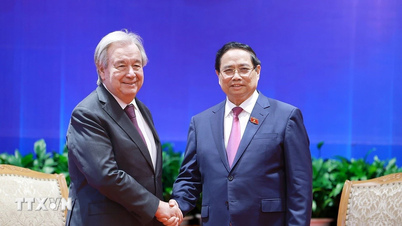

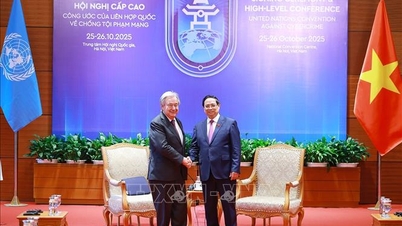
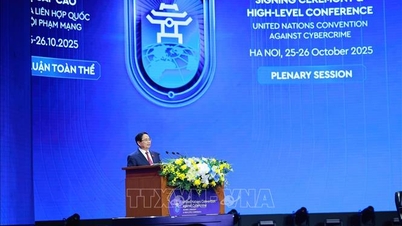
![[Photo] Prime Minister Pham Minh Chinh receives United Nations Secretary-General Antonio Guterres](https://vphoto.vietnam.vn/thumb/402x226/vietnam/resource/IMAGE/2025/10/25/1761390212729_dsc-1484-jpg.webp)

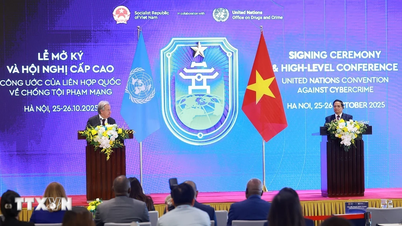
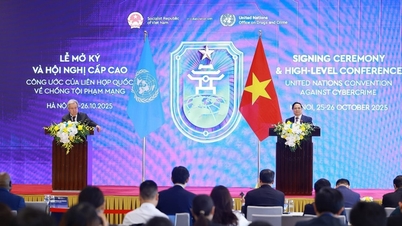




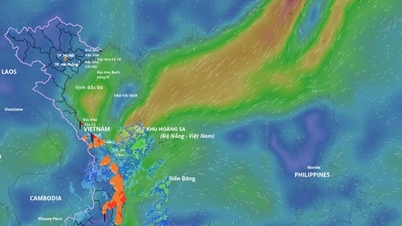













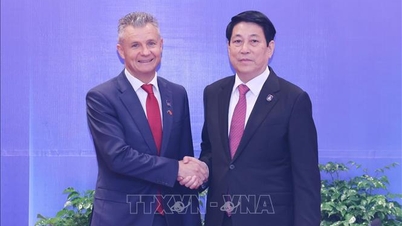
![[Photo] General Secretary To Lam meets with General Secretary and President of Laos Thongloun Sisoulith](https://vphoto.vietnam.vn/thumb/1200x675/vietnam/resource/IMAGE/2025/10/25/1761380913135_a1-bnd-4751-1374-7632-jpg.webp)










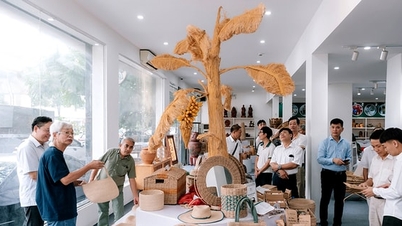



























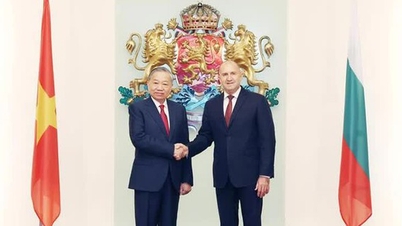

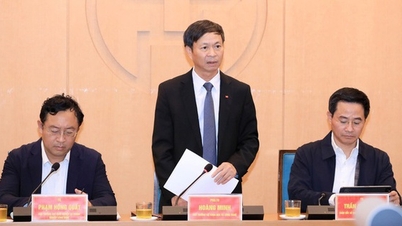
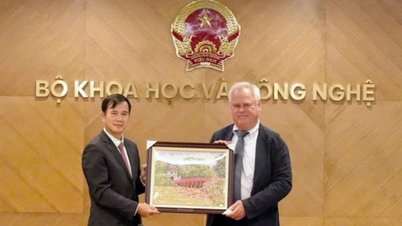
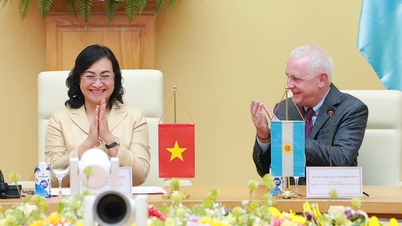


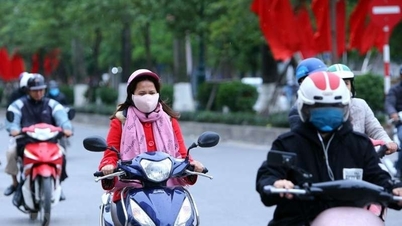

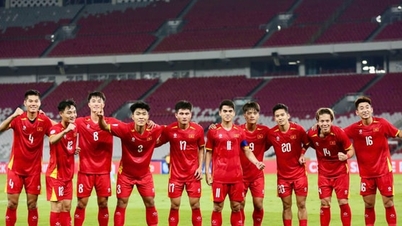
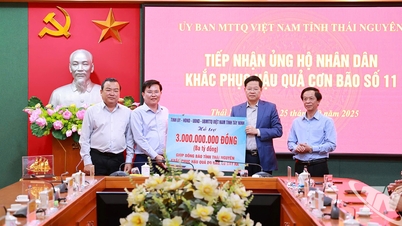

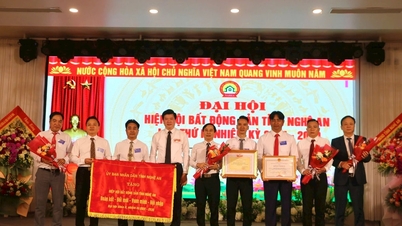
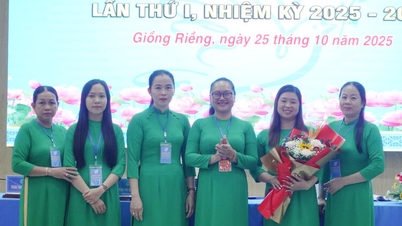











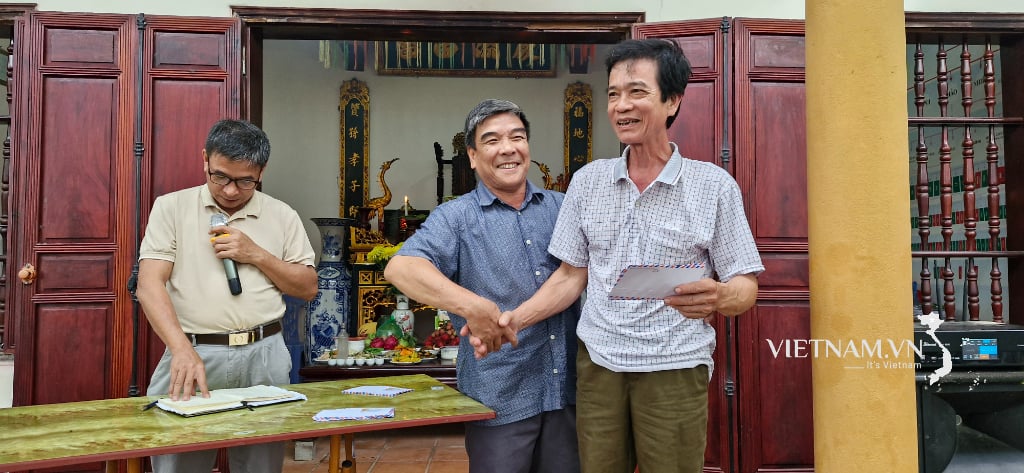



Comment (0)